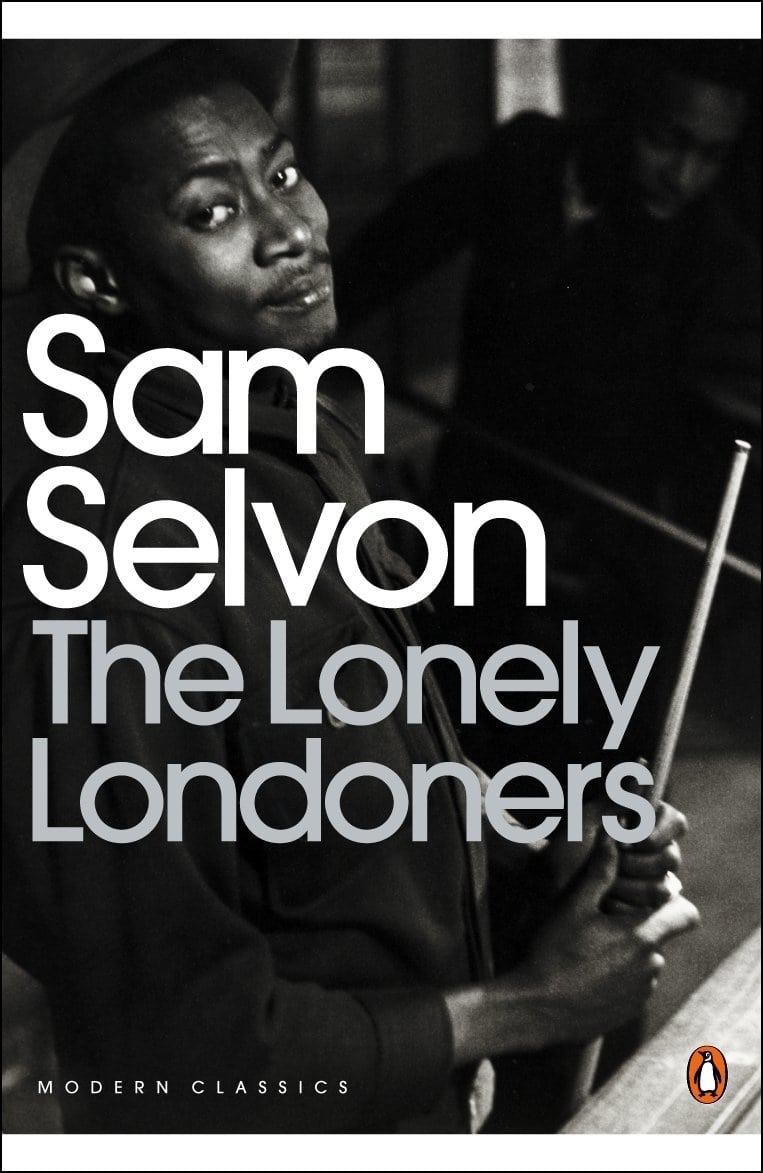I’m with you in Rockland
The pace of this last section is more like the first section. The second section was really fast with all the exclamation points, while the first section was slower with the constant "who" at the brining of most stanzas. With this section, the narrator seems more calmer as they repeat "I'm with you in Rockland." Ginsberg could have written this section without the "I'm with you in Rockland between each line, but by including it, he deliberately slows the poem down.
 In the "Lonely Londoners" by Sam Selvon, there was a scene in which Moses was waiting for someone who was exiting the train-boat and the narrator stated, "Moses stand up out of the way with his hands in his pocket, not interested in the passengers, only waiting for this fellar Henery to come so he could get back home"(27). In both the poem and the passage in the book there is a disconnect between the characters and the people around them. They are only focusing on their task at hand or where they're going that the people around them don't matter or register in their heads.
In the "Lonely Londoners" by Sam Selvon, there was a scene in which Moses was waiting for someone who was exiting the train-boat and the narrator stated, "Moses stand up out of the way with his hands in his pocket, not interested in the passengers, only waiting for this fellar Henery to come so he could get back home"(27). In both the poem and the passage in the book there is a disconnect between the characters and the people around them. They are only focusing on their task at hand or where they're going that the people around them don't matter or register in their heads.  Not knowing German, I did a little research for these lines and found that the lines were original in an opera based on a Celtic legend of Tristan and Isolde(depicted in the above image). It is an interesting choice to include these lines because the opera centered around the themes of love and death and the imagery in this poem depicts that as well with spring and winter at the beginning.
Not knowing German, I did a little research for these lines and found that the lines were original in an opera based on a Celtic legend of Tristan and Isolde(depicted in the above image). It is an interesting choice to include these lines because the opera centered around the themes of love and death and the imagery in this poem depicts that as well with spring and winter at the beginning.  The image above shows a woman behind broken glass. You can see sections of her face but can't really see her expression or her facial details. Reading these lines reminded me of it, because I think the narrator is trying to say how can you know or understanding something, when you only have pieces of the whole picture.
The image above shows a woman behind broken glass. You can see sections of her face but can't really see her expression or her facial details. Reading these lines reminded me of it, because I think the narrator is trying to say how can you know or understanding something, when you only have pieces of the whole picture. This line depicts an image of Earth completely covered in snow and nothing of the natural land can be seen. To some winter snow can be seen as dark and errie but to the narrator it keeps them warm. The snow acts kind of like a blanket and hides away any problems they want to forget, while in April/spring, flowers begin to bloom and brings those problems to the surface again.
This line depicts an image of Earth completely covered in snow and nothing of the natural land can be seen. To some winter snow can be seen as dark and errie but to the narrator it keeps them warm. The snow acts kind of like a blanket and hides away any problems they want to forget, while in April/spring, flowers begin to bloom and brings those problems to the surface again.